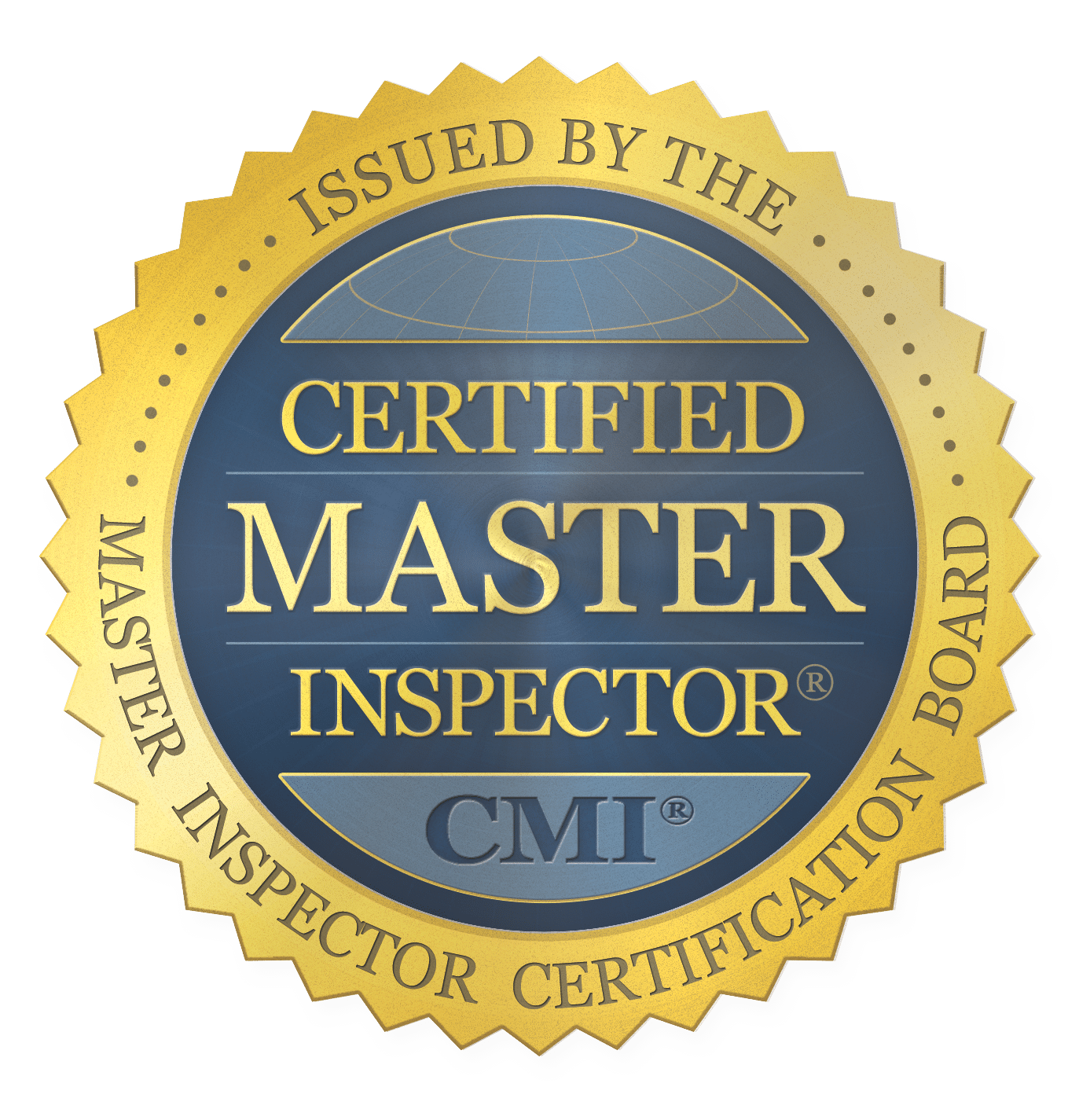During the course of a home inspection, I often get asked how do I, hire a good contractor. It sounds like an easy thing to do. But I even find it a very challenging thing to do these days. I have been part of third party inspections of a failed construction jobs to often. So I have put together this information for anyone looking to have work done on their home.
Each year, the New Jersey Division of Consumer Affairs receives thousands of complaints from consumers who hire contractors to do costly repair projects and who are less than satisfied with the results. Consumers complain about shoddy workmanship, missed deadlines, and a contractor’s failure to complete the work or to start the project at all after taking a deposit.
The New Jersey Consumer Fraud Act is designed to protect you from misrepresentation, fraud and deception in consumer transaction, including contracts for home improvement work.
Home improvement contractors had to initially register with the Division of Consumer Affairs by December 31, 2005, and must register annually thereafter, unless specifically exempted.
Home improvement contractors who are not registered with Consumer Affairs will not be issued municipal construction permits and will not be permitted to perform home improvements work in New Jersey.
Home improvement contractors are individuals and companies involved in repairing, renovating, modernizing, installing, replacing, improving, restoring, painting, constructing, remodeling, moving, or demolishing residential or noncommercial properties.
Home improvement contractors include those who work on residential driveways, sidewalks, swimming pools, terraces, patios, additions, landscaping and lawn treatment, fences, porches, windows, doors, cabinets, kitchens, bathrooms, garages, finished basements, basement waterproofing, fire protection devices, security protection devices, central heating and air conditioning equipment, water softeners, water heater installation, purifiers, solar heating or water systems, insulation installation, roofing and siding, wall-to-wall carpeting or attached or inlaid floor coverings, and more.
Obtain a written contract. Contracts for home improvement projects costing $500.00 or more must be written and must include the legal name and business address of the contractor as well as a start date, a completion date, a description of the work to be done, and the total price. The contractor must also include the contrator’s registration number. The contractor must alsoprovide you with a copy of his commercial general liability insurance and the telephone number of the insurance certificate.
Make sure all warranties and guarantees are in writing, and thatthe contract states name brands or quality/ grades of materials to be used.
Before you sign a contract, ask for a lien waiver. A lien waiver is a reeipt that states that the workers and materials suppliers will not ask you for money once you have paid the contractor. Beware if a contractor asks you to sign a statement that says you will cover the costs of materials and labor if the contractor does not pay.
Signed contracts may be canceled by a consumer for any reason before midnight of the third business day after you receive a copy of the contract. Put the cancellation in writing and either personally deliver it to the contractor or send it registered or certified mail, return receipt requested. A photocopy of your cancellation should also be sent via reqular first-class mail.
Ensure that all applicable construction permits are obtained from the local municipality. If an electrician or residential plumber is doing the work, the municipal permit must be signed and sealed by the New Jersey licensed electrical contractor or licensed master plumber.
Final inspections must be completed BEFORE final payment is made to the contractor.







